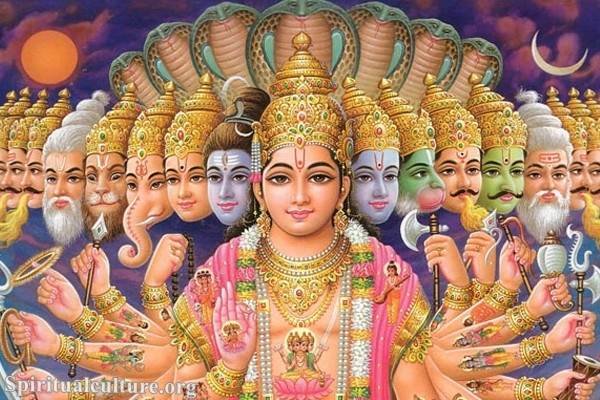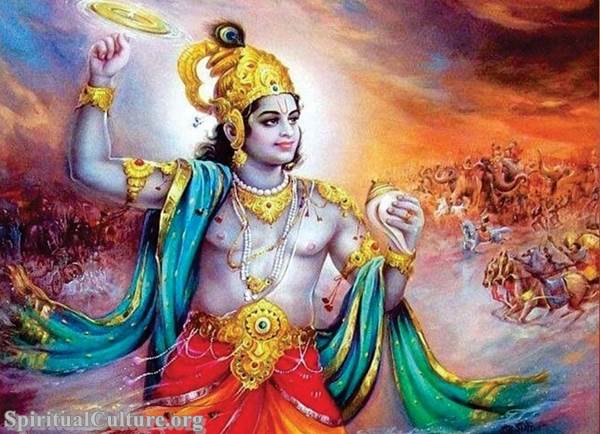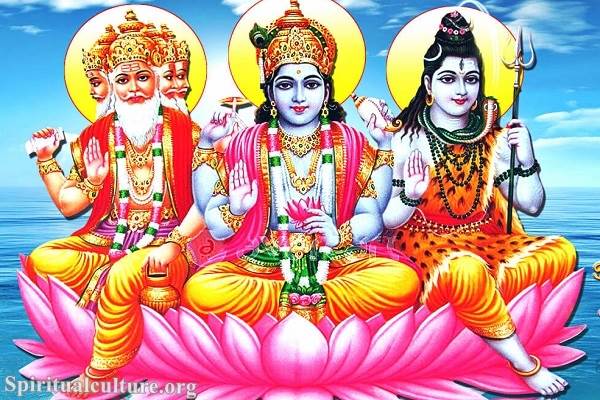These practices may be closed to the general public or only open to members of a particular caste, sect, or initiated group. Some examples of closed practices in Hinduism include:
- Diksha: This is a rite of initiation that is required for certain types of spiritual practice in Hinduism, such as the study of Vedanta or the practice of yoga. A guru or spiritual teacher typically gives Diksha, which involves transmitting spiritual energy and imparting certain teachings and instructions.
- Mantra initiation: Many Hindu traditions involve the use of mantras, which are sacred syllables or phrases that are believed to have spiritual power. In some cases, a guru or spiritual teacher may initiate a student into using a particular mantra, which involves the transmission of the mantra’s energy and its proper pronunciation and usage.
- Temple initiation: In some Hindu temples, certain rituals or practices may be reserved for initiated members of the temple community. These may include special puja (worship) ceremonies or access to certain temple areas.
- Caste-based practices: In some Hindu communities, certain spiritual practices may be reserved for members of a particular caste. For example, in some traditional Hindu societies, only members of the highest caste, the Brahmins, were allowed to perform certain rituals or study certain sacred texts.
It’s important to note that these closed practices are not necessarily exclusive to Hinduism, and similar practices can also be found in other spiritual traditions.



